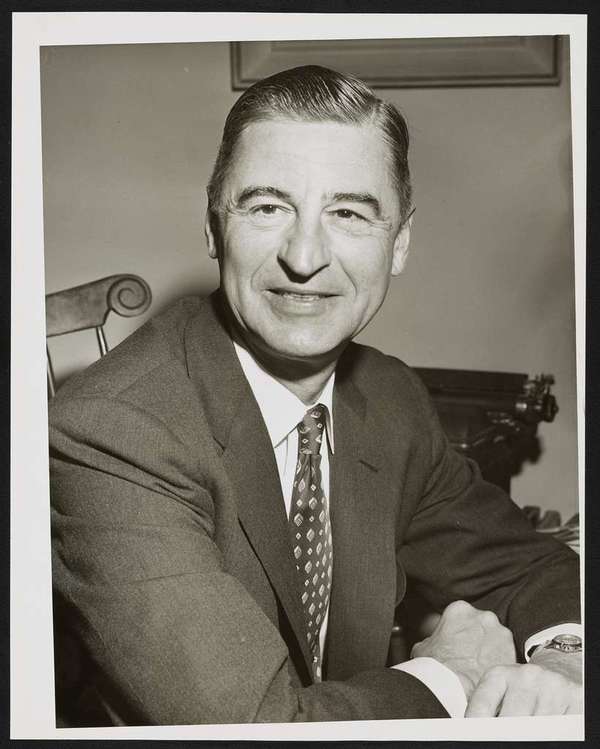
(PICRYL)
For a lot of reasons, our culture wars have grown so deliriously tiring.
Perhaps the worst element of those wars is how easily a reasonable stance can be weaponized in the name of scoring a cheap political point or two.
Such was the case of Theodor Geisel, a.k.a. Dr. Seuss, whose work became politicized this week after his estate made the decision to take a handful of the dozens of books he published during his lifetime out of circulation, out of concern that the images he portrayed in books between the 1930s and 1970s were culturally inappropriate in the modern day.
The discussion blew up in the past couple of days, but it had been a subject of debate for years before anything actually happened.
The whole thing stinks of bad faith, a topic that loud people can use to keep worried people focused on irrelevant things.
As someone who writes about history a whole heck of a lot, I think I can offer a useful perspective on this debate that can properly contextualize a decision like this. And the context is this: Not everything deserves a place at the front of the history books, and to expect that it should forces a lot of bad stuff into a modern society.
So we should put some stuff in the back, where it can be found, but explained in its proper context. We should reference it in the front, so people know it’s out there and use that to shape their feelings on the body of work. But you actually have to work to find it yourself.
The work of Dr. Seuss, for the most part, does deserve a place in the front. But as responsible stewards of Geisel’s work, the Dr. Seuss estate made a thoughtful decision to not give works that do not match the times the same level of weight as the vast majority of his work. By pruning some of the worst offenders while keeping some that have grown problematic over time but remain culturally important—particularly The Cat in the Hat, which is believed by some cultural observers to be inspired by racial stereotypes dating to the Vaudeville era—the Seuss estate is responsibly protecting the balance of the stuff that matters to the culture and to Geisel’s legacy.
The books are still there. But a 7-year-old who may not understand the danger of a racially tinged image won’t be the one to find it—at least not without a teacher or parent to explain it first.
Read This, Too
Written by Jared Holst, Brands Mean a Lot is a once-a-week commentary on all the ways branding impacts our lives. Each week, he explores contradictions within the way politics, products, and pop-culture are branded for us, offering insight on what’s really being said. His most recent post is his first in a series entitled ‘The Bullshit Economy’. In it, he explores how bad economics and poor policy, rather than market needs, has given rise to startups who offer home ownership to those who can’t afford it. Subscribe here.

“And to Think That I Saw It on Mulberry Street,” one of the Dr. Seuss books removed from circulation.
This is not, like, a new discussion. Debates over Song of the South were happening when I maybe five years old, and they’re still happening now. (I turn 40 this year.) Gone With the Wind, same thing. But we’ve yet to cancel Disney or MGM, the companies that made these works. The difference in Seuss’ case is that he was probably overdue for this discussion—and not having it meant this terrible context was hanging over his work.
This debate is one worth periodically bringing up, because it forces us to properly discuss that history, rather than letting that imagery linger out in the open, where it can cause real damage without context.
The American Medical Association recently made a call along these lines, and it offers a great lesson here. Deciding that its founder’s legacy of discrimination did not fit with its modern message, the association removed his bust from its main offices and changed the name of an award named after him. But it did not destroy the bust. It put it in an archive—where it can be properly contextualized and discussed, where a historian can explain why it’s not out front but why the history still matters.
The same thing can and should happen to Seuss’ work. His broader message still matters, and we want to keep that at the front of the history books, just as we want to keep the AMA as a whole near the beginning. But some parts of his legacy should probably leave the lobby, so the positive elements of what he built can shine.
And that’s the way it should be. That’s not cancellation. That’s contextualization.
Time limit given ⏲: 30 minutes
Time left on clock ⏲: alarm goes off

